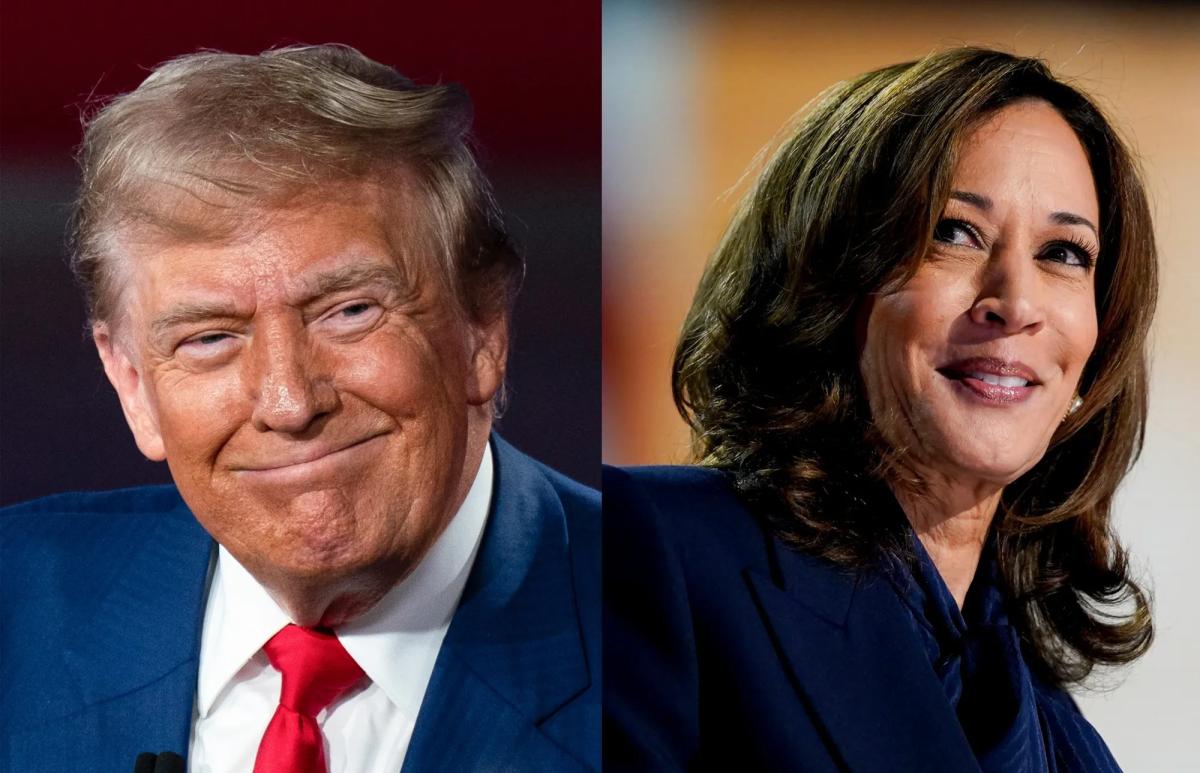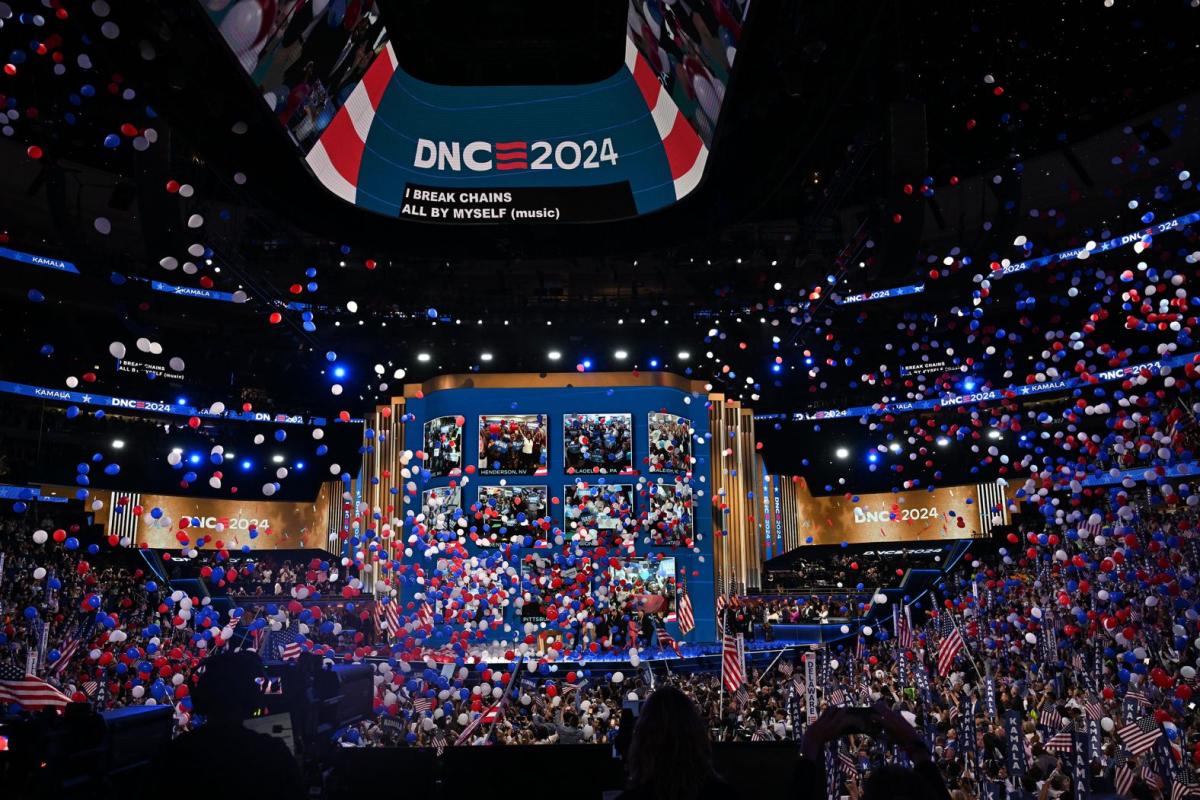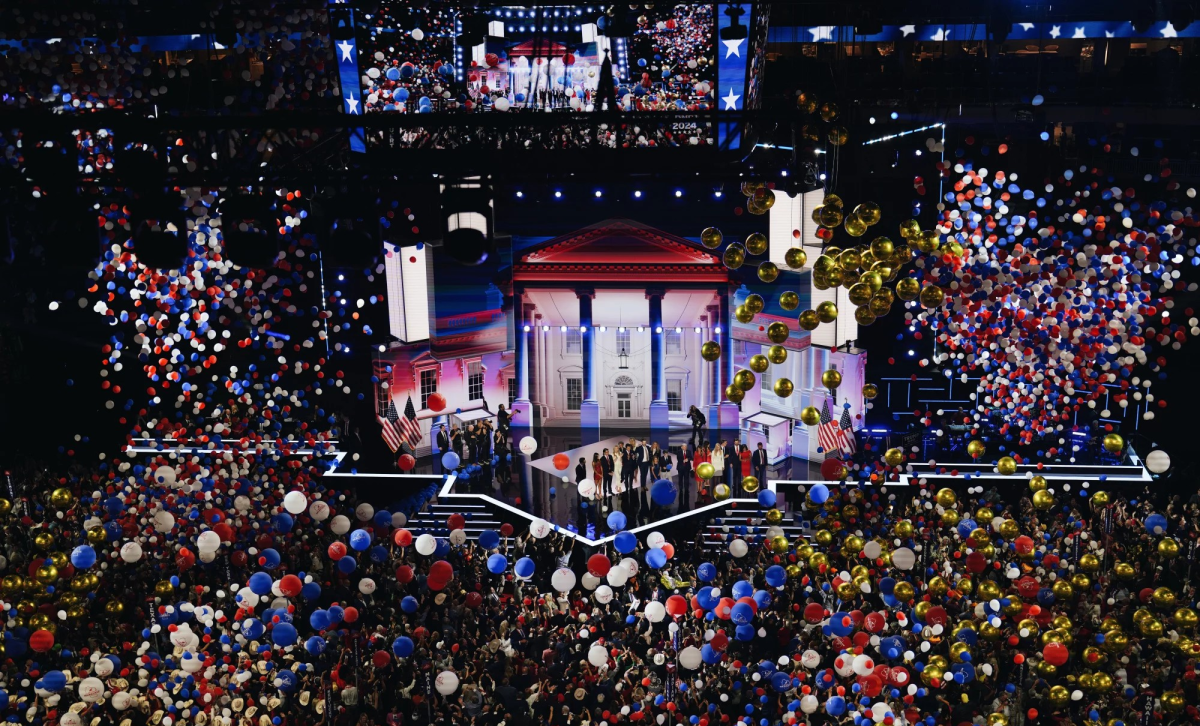And we’re off! Ireland calls for a General Election
At a Glance
Finally, after weeks of speculation, the writ has been moved for Ireland’s General Election 2024.
In what will be a short, sharp three-week campaign, three main features are presenting so far for GE2024:
- It’s a numbers game: No party has run enough candidates to win an overall majority. History was made in 2020 when the two biggest political parties came together to lead the government. If recent polling is to be believed, it looks like history may repeat itself in 2024, with Fianna Fáil and Fine Gael set to dominate as the two largest parties once again.
- #Morewomen: With the gender quota increasing to 40% for this election, we are seeing more female candidates running this time. Nearly 220 female candidates were selected across various parties and as independents. The Green Party has chosen more female candidates than male candidates, while Aontú is close to achieving an equal balance. Most of the larger parties appear to be on track to meet the 40% gender quota target. The 34th Dáil—the lower house of the Irish legislature—may be the first one to see over 30% female representation.
- Battlelines: Housing is expected to be the main battleground as the government defends its track record and the opposition launch their housing policies over the coming days. Access to childcare, the cost of living, migration and, of course, the economy are also expected to feature heavily over the next three weeks.
Where is it going?
While we are not in the business of predicting elections, it appears likely that a form of the current coalition will be returned, based on recent polling and alignment potential among existing political parties.
Some changes may occur when it comes to the additional coalition partners required to make up government. The preference will be for a majority government, ensuring greater certainty and longevity of the new administration. This will be important given increased global uncertainty and Ireland’s exposure, considering its reliance on foreign multinationals. As such, the showing in the election of the Green Party, Labour Party, and Social Democrats will be important. It is unlikely that Sinn Féin will have a role in government, unless it returns as the biggest party in the state.
A slow burner in Ireland has been the rise and power of independents. This will continue to be a factor in elections and government formations, and their influence will be more critical if the government that is returned has a fragile majority or minority.
Here is the current status of the main parties and those who might make up a coalition:
Fine Gael: New energy versus experience
“When I travel around the country, people are looking for new energy, new ideas to serve in Dáil Éireann. My party has people with all of those backgrounds putting themselves on a ballot. So, while some of the names might be new to you and to those of us who operate maybe in Leinster House, but they’re not new in their communities.”
― Simon Harris TD, Leader of Fine Gael
With many of its long-standing, experienced politicians having exited politics, Fine Gael is running over 80 candidates in the election, with considerable inexperience and a field of new candidates. Their campaign will mirror that of a presidential style, focusing on the leadership of Simon Harris. It remains to be seen if the party will struggle to hold on to the seats of the exiting experienced TDs (members of Ireland’s lower house) and, at the same time, gain those vital second seats that will give the party the numbers for a majority.
Fianna Fáil: The untouchable leader
“One of the huge differences between us and the opposition parties is that we understand that you have to have a strong economy if you want to fund public services…our determination is to protect Ireland’s ability to trade with the world and to have its voice heard, particularly within the European Union.”
― Micheal Martin TD, Leader of Fianna FáiL
Micheal Martin remains Fianna Fáil’s biggest asset and, similar to Fine Gael, he will feature prominently during the campaign. They had a good local election result, but did not recruit a significant number of new blood candidates. Despite this, the party may see some gains in constituencies such as Meath West as, unlike Fine Gael, Fianna Fáil are running more incumbents.
Sinn Féin: Discontent in the ranks
“When the election day comes, all of the political debate will really crystallise into a very straightforward choice, which is either more of the same, another Fine Gael- and Fianna Fáil-led Government, or for the first time a Government led by Sinn Féin.”
― Mary Lou McDonald TD and Leader of Sinn Féin
The party enters this election against a backdrop of in-party discontent, reputational issues, and poor poll showing. The party leader may come under pressure, as always happens when there is disunity in a party. Despite this, the party is running over 70 candidates in this election, and Party Leader Mary Lou McDonald has said that she believes that housing will be the number one issue of the general election. The party’s support for the government’s migration policies and their backing of the carers and family referendums up until the summer has led to a significant loss of their previously strong support base.
Labour: One to watch
Labour could be seen as a stabilizing force, given its experience in government. This will be a key value proposition for the party, given the expected number of Fine Gael newcomers.
Greens: Struggle to grow
The party has become a focal point for criticism from mostly rural TDs, who hold it responsible for the challenges faced in their communities. Coupled with a poor show in the local elections and a recent leadership change, the Green Party may struggle to maintain its existing seat stock.
Social Democrats: Big ambitions
The party has big ambitions, but is still working on its identity. It may see minimal gains in some urban areas; however, the loss of Catherine Murphy and Róisín Shortall presents a challenge for the party to retain those two seats. Whether or not they have an interest in going into government remains to be seen.
So what happens next?
Registering to vote: Tuesday, November 12, is the deadline for ordinary voters to ensure they are registered to vote.
Nominations: Prospective candidates will have until Friday, November 15, to have their nomination papers submitted.
Party manifestos: We expect to see party manifesto launches commencing from November 14 coupled with issue specific manifestos on topics such as housing, healthcare, childcare, and infrastructure.
What Edelman will do during this time:
- Carry out comparative analysis of political party manifestos, including issue specific manifestos.
- Leverage our diverse political network to track and analyze key issues and candidates relevant to our client interests.
Materials presented by Edelman Global Advisory Ireland.
For additional information, reach out to Catherine.Heaney@EdelmanEGA.com



